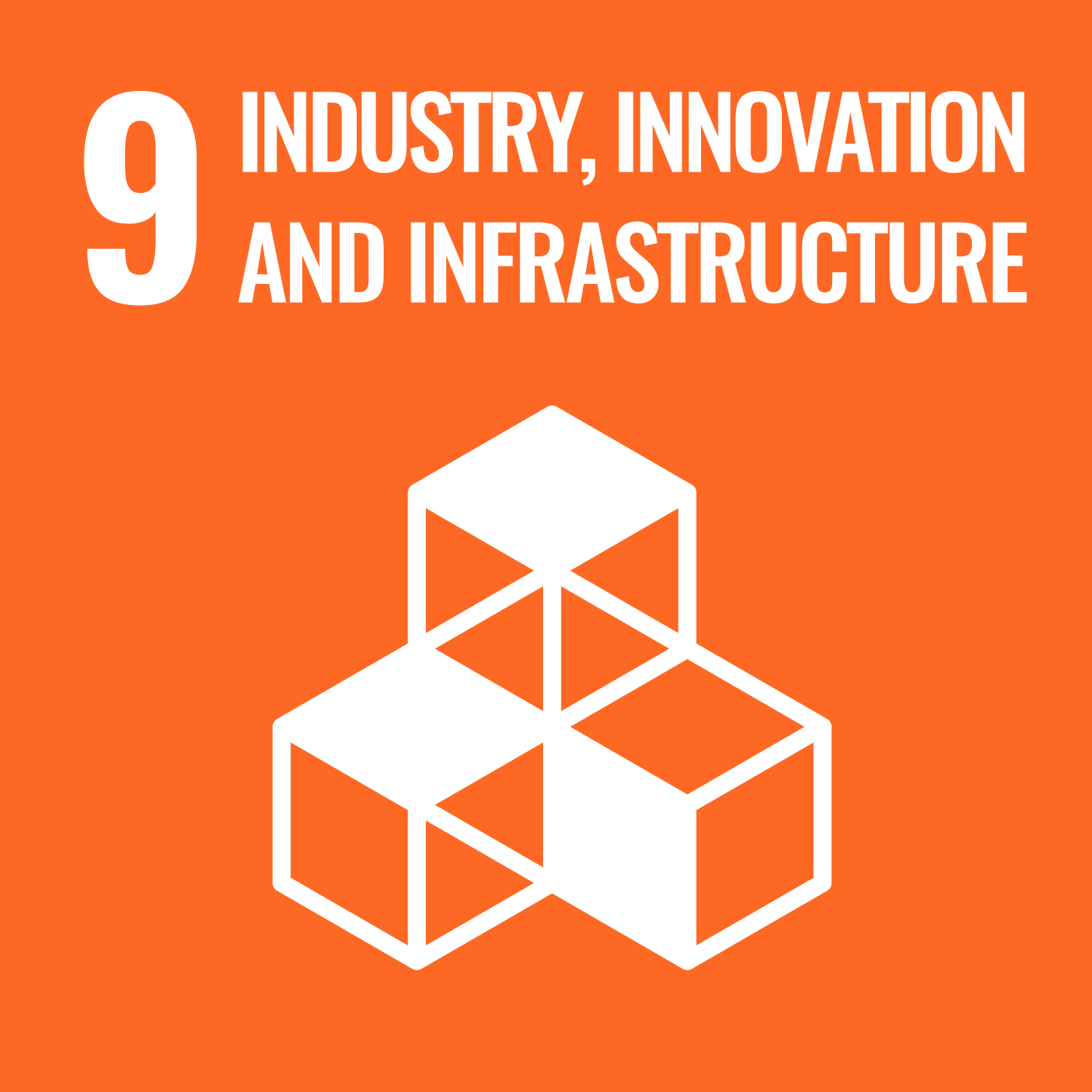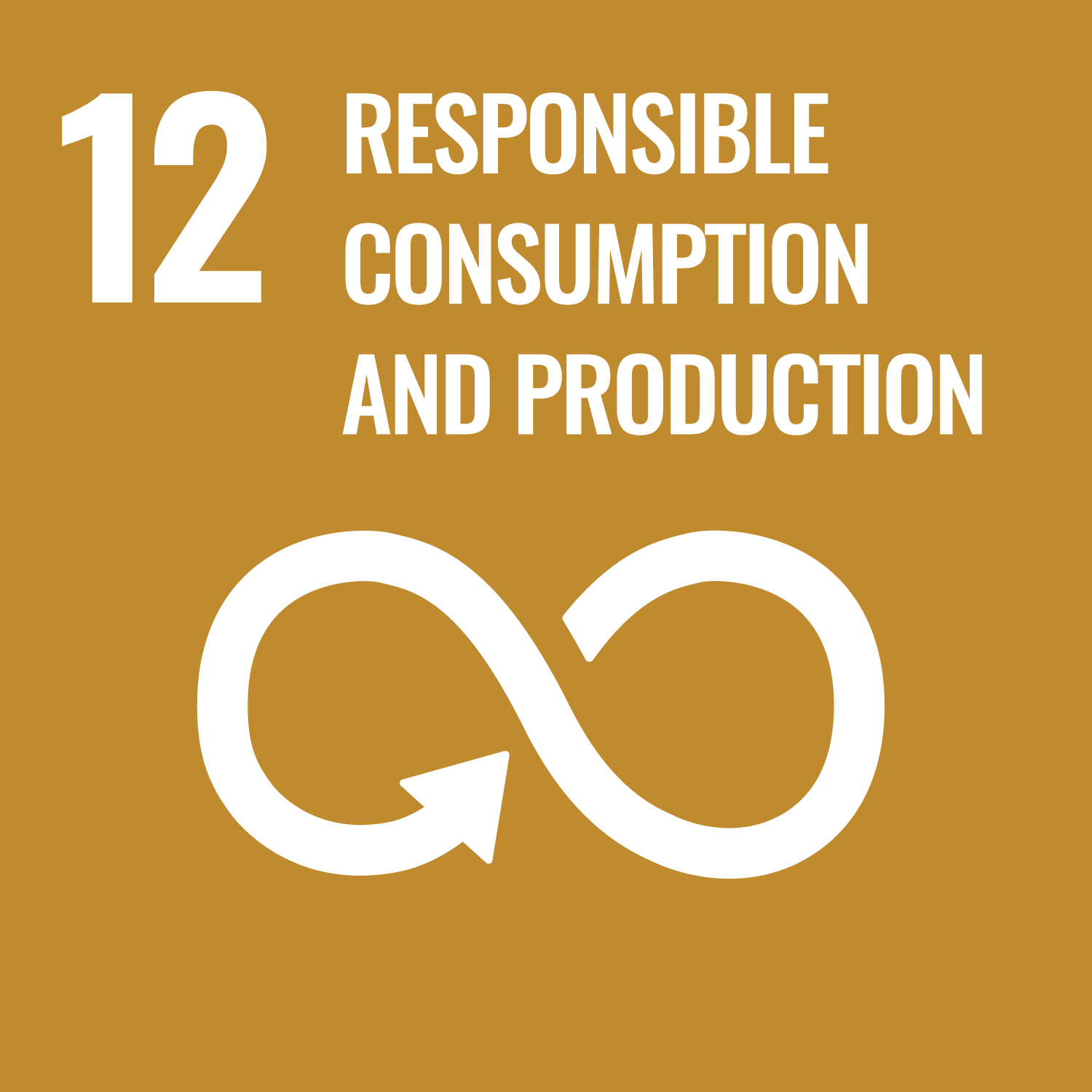Abstract
Objectives:In an effort to reduce costs and respond to climate change, health care providers (Trusts) in England have started to change how they purchase goods and services. Many factors, both internal and external, affect the supply chain. Our aim was to identify those factors, so as to maintain future supply and business continuity in health and social care.Methods:Qualitative interviews with 20 senior managers from private and public sector health service providers and social care providers in south west England. Interviews were recorded, transcribed and thematically analysed.Results:There were four areas of concern: contradictions with government legislation which caused confusion about how best to deliver sustainable solutions; procurement was unclear and created multiple approaches to purchasing bulk items at low cost; internal organizational systems needed to be reconsidered to embed sustainability; and embedding sustainability requires a review of organizational systems. There are examples of sustainability solutions throughout the National Health Service (NHS) but the response continues to be patchy. More research is needed into why some Trusts and some staff do not recognize the benefits of a core approach or find the systems unable to respond.Conclusions:The NHS is one of the major purchasers of goods and services in England and is therefore in an excellent position to encourage sustainable resource management, manufacturing, use and disposal.
DOI Link
Publication Date
2013-04-18
Publication Title
J Health Serv Res Policy
Recommended Citation
Grose, J., & Richardson, J. (2013) 'Managing a sustainable, low carbon supply chain in the English National Health Service: The views of senior managers.', J Health Serv Res Policy, . Available at: 10.1177/1355819612473453



